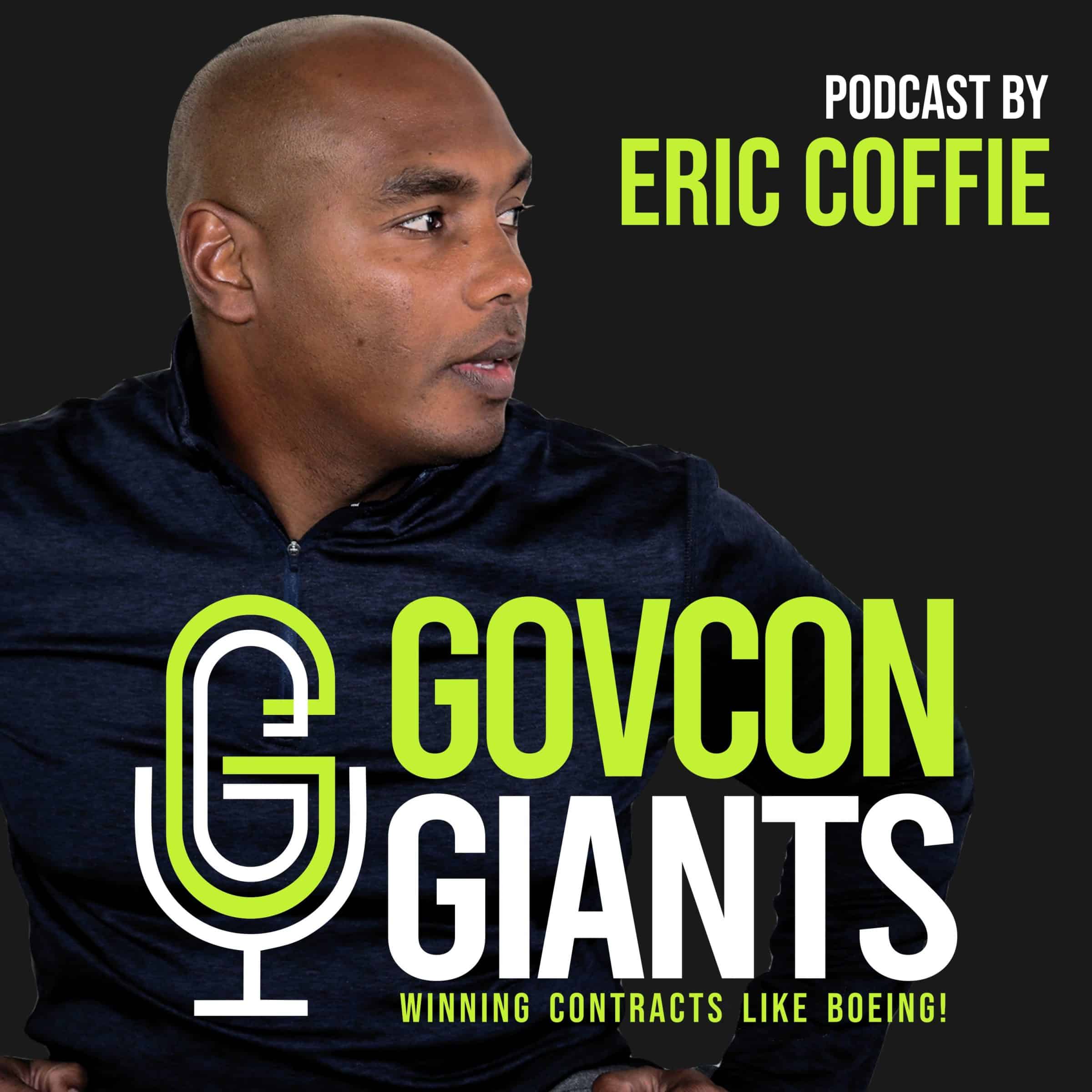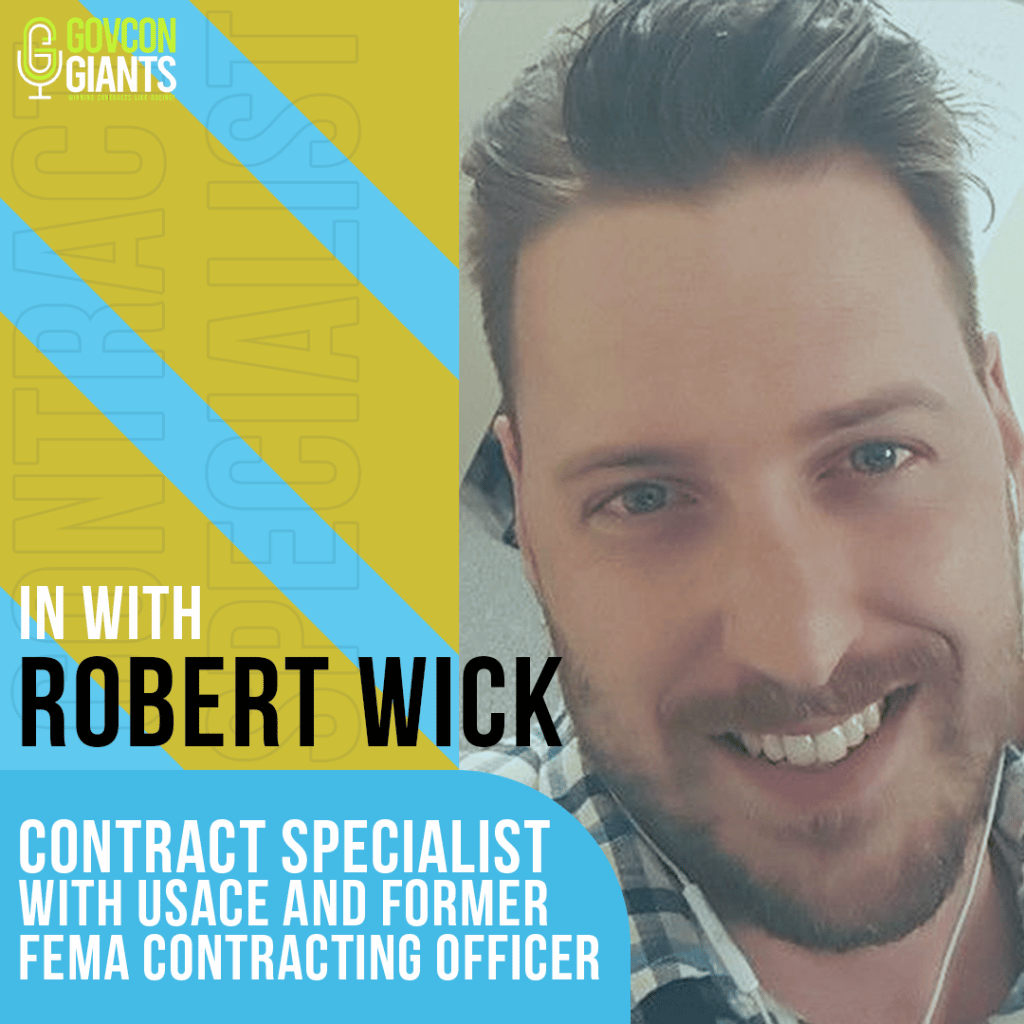By focusing on emerging and next-generation technologies, Jennifer Namvar, Capture Director for Leidos, has become the best of the best at what she does. With 16 years of experience in all phases of the federal government business development life-cycle, she is someone you want to learn from. Jennifer Namvar has worked for some of the DoD’s Top 100 list companies and has closed more than one billion in new and re-compete business.
With so much knowledge to offer, we have decided to break this into two parts. With part 1, we will focus on proposal writing assistance and how to effectively execute the process as a small-business.
PROPOSAL ADVICE FROM JENNIFER NAMVAR
1) Have a proposal management process
We all know proposals require a lot of time and dedication. As a small business, even if you cannot afford a full out-proposal management team, you should still have a process. For example, even with a small 5-person team, this can be effectively accomplished by beginning with creating a schedule.
“What I would recommend is that you put together for each proposal a schedule and an outline of the requirements and the evaluation criteria. You dedicate or assign a team of people and give each person on your five-person team a responsibility for putting together a part of the proposal.”
Additionally, Namvar recommends holding reviews and getting someone else to review your proposal.
“Get a couple people. Either if it’s a startup, sometimes you have a board, sometimes you have business advisors. Get those people to review your proposal. Don’t review your own proposal.”
2) If you outsource…
Find someone credible to review your proposals.
“I would bring in trusted consultants…There’s several proposal and capture consulting companies that have very senior folks that you can hire to review your proposal,” states Namvar.
If you hire a freelancer, Namvar suggests hiring one that is specific to this industry and to federal proposals.
3) Give yourself time
With all the time and money invested into created proposals, you want to make sure you give yourself enough time to review, edit, and perfect.
In addition, Namvar advises allotting time for a hard copy response in case something goes wrong electronically.
Missing a deadline is not an option.
“If you do miss a deadline, even by a minute, the government typically will throw you out and you don’t want to waste all that time and money for having a late submission.”
4) Have Accountability Check-Ins
Throughout the life of the proposal, you want to have daily accountability check-ins with your team. This way, you know the proposal is going in the right direction. Also, little problems or concerns can be addressed quickly without turning into larger issues.
Following these 4 steps will assist you in having a smoother proposal writing experience. It will also assure you are putting your best foot forward. After all, you want to make sure you are submitting the best proposal you have to offer.
On our next post, Jennifer Namvar will take us a little into a Capture Manager’s World and how small businesses can benefit from this insider knowledge.
To hear more, join the GOVCON GIANTS Podcast Community available on Spotify, Apple Podcast, Google Play, Stitcher, and iHeart.
To learn more about Government Contracting, subscribe to the GOVCON GIANTS YouTube Channel.









